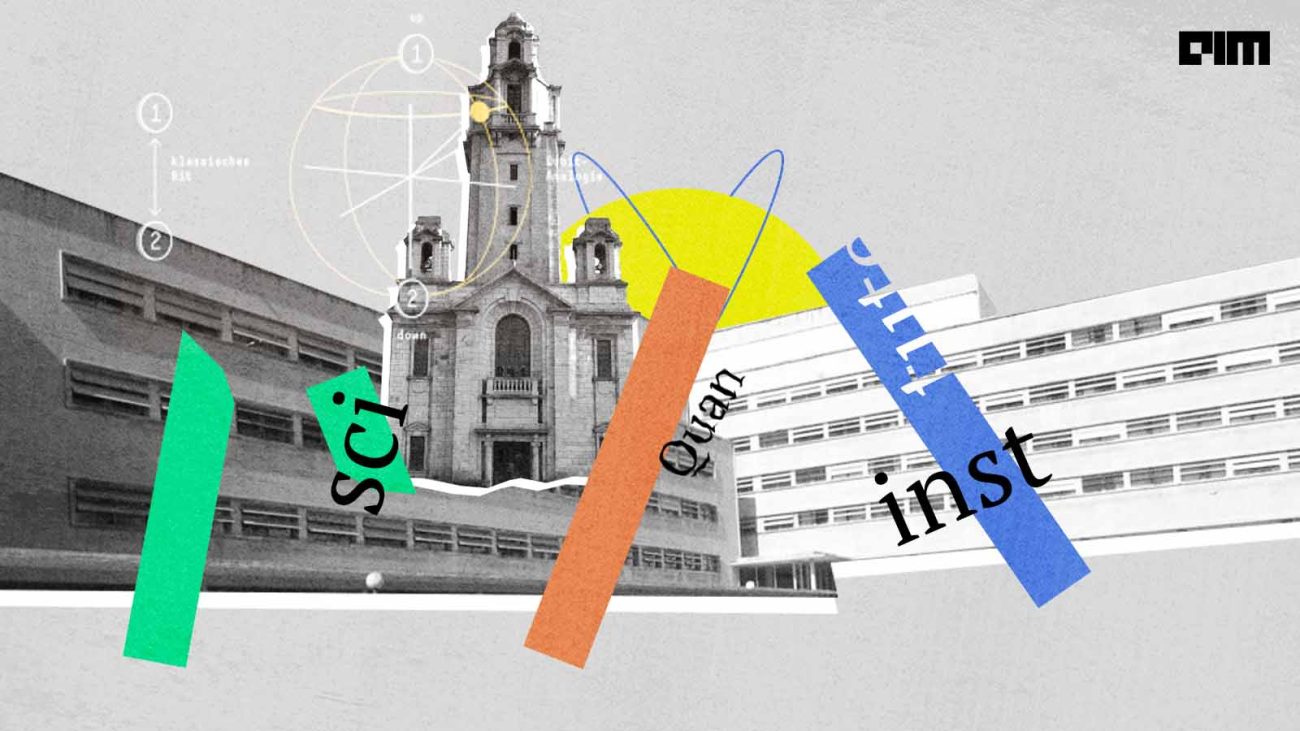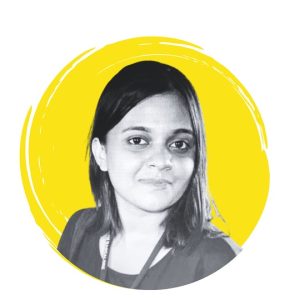How Asia Pacific is Leading the Way in Quantum Cryptography Advancements
SOURCE: HTTPS://CITYLIFE.CAPETOWN/
NOV 06, 2023
Top institutes leading in quantum computing research
SOURCE: ANALYTICSINDIAMAG.COM
MAY 13, 2022

Though quantum computing is still in a nascent stage, there is a growing interest in this area due to the myriad benefits this technology can bring. A PitchBook report of September last year said that investors had put in USD 1.02 billion into quantum computing companies till September 2021. Recently, the World Economic Forum released the first Quantum Computing guidelines. Universities across the world are investing in research for the advancement of this technology. Let us look at a few of the top institutes leading in quantum computing research. The list is in no particular order.
Faculty members from physics, engineering, and computer science at IISc are working in this area. As the existing expertise and facilities available in India are limited on the theoretical as well as the experimental side in this domain, this centre aims to accelerate Indian pursuit in this field on par with the rest of the world.
The experimental program in this centre focuses on superconducting qubit devices, single-photon sources and detectors for quantum communications, integrated photonic quantum networks, quantum sensors and much more.
For more details, click here.
The Quantum Measurement and Control Laboratory (QuMaC) at TIFR focuses on investigating quantum phenomena in superconducting circuits. Research areas include quantum error correction, quantum simulations, novel qubit designs, quantum limited parametric amplifiers, etc.
The lab has state-of-the-art equipment to facilitate research. These include
For more details, click here.
The I-Hub Quantum Technology Foundation has been set up in IISER-Pune with support from GoI’s Department of Science and Technology. It aims to develop quantum computers and novel quantum materials for day-to-day applications and is led by faculty from the physics department. As per the institute, I-HUB aims to harness quantum phenomena for developing advanced computing systems and for more immediate applications, such as precision sensors, navigation devices for global positioning systems, geological mapping, atomic clocks, encrypted communication, and novel materials. I-HUB also helps in technology translation, incubation and human resource development.
For more details, click here.
The Centre for Quantum Information, Communication and Computing is an interdisciplinary research centre located in IIT-Madras. It has scholars from different disciplines such as physics, electrical engineering and computer science. Areas of research include quantum key Distribution, secure communication networks, quantum sensors, femtoTesla sensitivity, quantum computing, cluster state computing, machine learning, post-quantum cryptography, quantum algorithms, etc.
For more details, click here.
The Centre for Quantum Information and Foundations is located within the department for applied math and theoretical physics. It conducts theoretical research related to all aspects of quantum information processing and the implications of quantum computing and answers foundational questions in quantum physics.
For more details, click here.
It is a community of researchers with an intense interest in advancing the science and engineering of quantum systems and their applications. It is co-directed by professors John Doyle, Evelyn Hu, and Mikhail Lukin. HQI brings together scientists and engineers across universities, companies, and government, to leverage quantum effects like superposition and entanglement to impact how information is acquired, stored, sent, and processed.
For more details, click here.

I am a technology journalist at AIM. What gets me excited is deep-diving into new-age technologies and analysing how they impact us for the greater good. Reach me at sreejani.bhattacharyya@analyticsindiamag.com
LATEST NEWS
WHAT'S TRENDING


Data Science
5 Imaginative Data Science Projects That Can Make Your Portfolio Stand Out
OCT 05, 2022

SOURCE: HTTPS://CITYLIFE.CAPETOWN/
NOV 06, 2023
SOURCE: HTTPS://WWW.SCIENCEDAILY.COM/
OCT 27, 2023
SOURCE: HTTPS://WWW.SCIENCEDAILY.COM/
OCT 26, 2023
SOURCE: HTTPS://THEQUANTUMINSIDER.COM/
SEP 28, 2023
SOURCE: HTTPS://TECHMONITOR.AI/
OCT 03, 2023
SOURCE: HTTPS://SCITECHDAILY.COM/
AUG 29, 2023
SOURCE: HTTPS://WWW.DIGITALJOURNAL.COM/
AUG 26, 2023
SOURCE: HTTPS://WWW.TECHTIMES.COM/
AUG 16, 2023